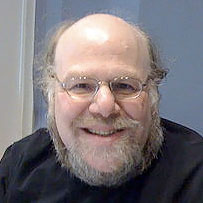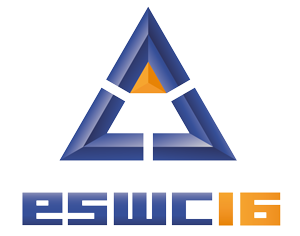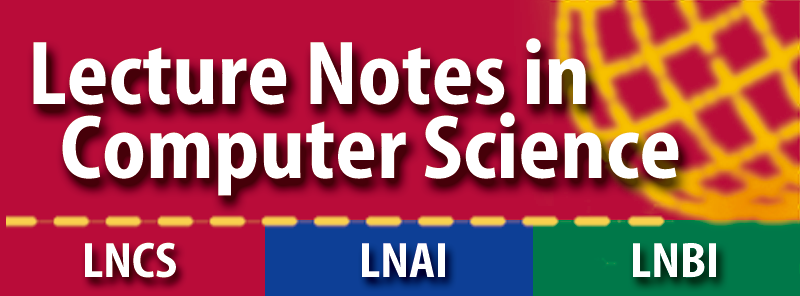Jim Hendler
 Bio:
Bio:
James Hendler is the Director of the Rensselaer Institute for Data Exploration and Applications and the Tetherless World Professor of Computer, Web and Cognitive Sciences at RPI. He also serves as a Director of the UK’s charitable Web Science Trust. Hendler has authored over 300 technical papers in the areas of Semantic Web, artificial intelligence, agent-based computing and high performance processing. One of the originators of the “Semantic Web,” Hendler was the recipient of a 1995 Fulbright Foundation Fellowship and is a Fellow of the American Association for Artificial Intelligence, the British Computer Society, the IEEE and the Association for the Advancement of Science. He is also the former Chief Scientist of the Information Systems Office at the US Defense Advanced Research Projects Agency (DARPA). He is the first computer scientist to serve on the Board of Reviewing editors for Science. In 2010, Hendler was named one of the 20 most innovative professors in America by Playboy magazine and was selected as an “Internet Web Expert” by the US government. In 2012, he was one of the inaugural recipients of the Strata Conference “Big Data” awards for his work on large-scale open government data, and he is a columnist and associate editor of the Big Data journal. He recently received a faculty research award from IBM for his contributions to cognitive computing and the Watson system.
website:http://www.cs.rpi.edu/~hendler/
Wither OWL in a knowledge-graphed, Linked-Data World?
The need for ontologies in the real world is manifest and increasing. On the Web, ontologies are increasingly needed — but OWL isn’t being used in many of these applications. This talk explores some of the use and needs for ontologies on the Web in data integration, emerging technologies, and linked data applications. It focuses on deficiencies in OWL's design that have hindered its application, and suggests some directions for making OWL more relevant to the modern Web, rather than the Web of the early 2000's. The talk ends with some challenges to the OWL, and greater ontology, community needed to be addressed if we are to see more use of ontologies on the Web.









